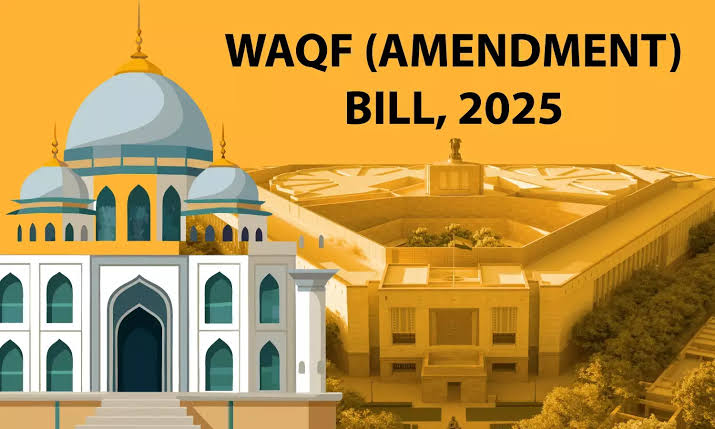India’s lower house of parliament has passed a controversial bill proposed by Prime Minister Narendra Modi’s government to change rules governing Muslim endowments worth over $14 billion. Called the waqf bill, it aims to include non-Muslims on waqf boards and give the government more power in checking land ownership. Waqf refers to properties donated by Muslims for religious or charity purposes.
The BJP-led government says the bill will improve transparency and reduce corruption, but many Muslims fear it will put waqf properties—such as mosques, shrines, shops, and cemeteries—at risk of seizure, disputes, or demolition. The bill was passed on April 3, 2025, with 288 votes in favor and 232 against, helped by BJP allies. It now moves to the upper house, and if approved, will need President Droupadi Murmu’s signature to become law.
One major concern is that many waqf properties lack official documents since they were donated centuries ago. Critics worry that the government could use this to take control of these lands, especially amid rising attacks on Muslims over food, clothing, and interfaith marriages.
Waqf properties cover nearly one million acres in India and are managed by 32 waqf boards, currently made up only of Muslims. Home Minister Amit Shah defended the bill, saying non-Muslims would be included only for administration and not religious matters.
Opposition leader Rahul Gandhi called the bill an attack on Muslim rights and warned it could set a dangerous precedent. The All India Muslim Personal Law Board (AIMPLB) called it discriminatory and promised legal action and protests. Some critics, like Kamal Farooqui, questioned why Muslims aren’t given seats on Hindu temple boards.
This debate happens as Hindu right-wing groups claim some mosques were built over temples, similar to the 1992 demolition of a mosque in Ayodhya. Muslims, who make up 14% of India’s population, are also among its poorest communities, with past reports calling for waqf reforms—though not in the way the government now proposes.









No comments:
Post a Comment